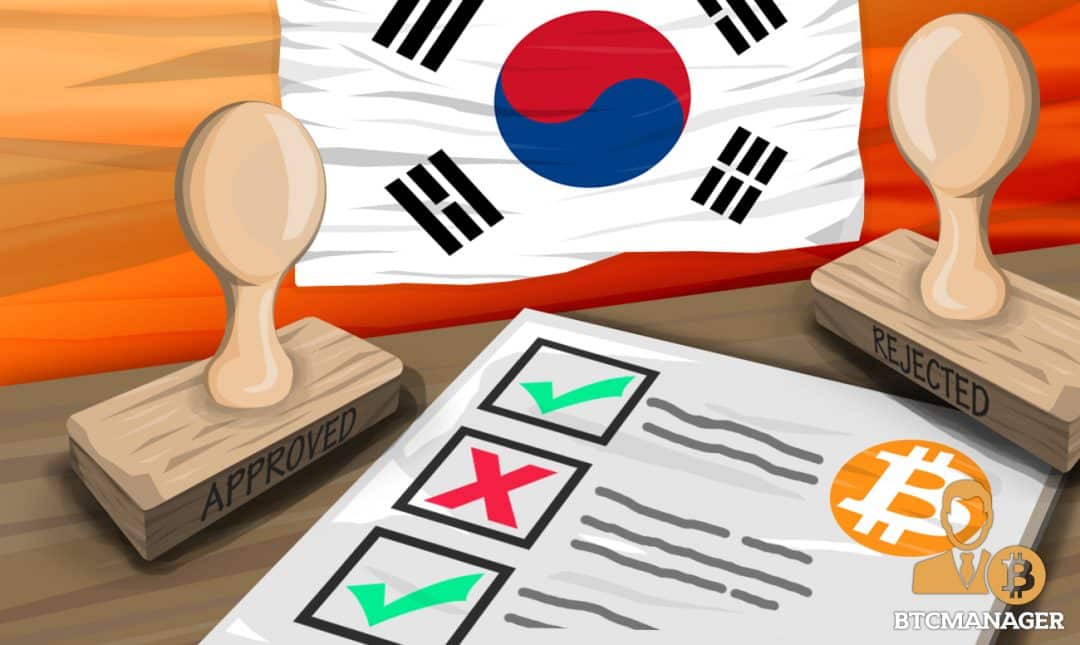South Korean Bitcoin Frenzy Continues as Government Formulates New Regulations

On December 13, 2017, the South Korean government planned an emergency meeting on the topic of virtual currency in response to concerns over the 2017 Bitcoin boom and the widespread popularity of digital currencies throughout the country.
Bitcoin Reaching Mainstream Market
According to Reuters, the country may tax capital gains from virtual currency trading and make it illegal for minors to have accounts on exchanges. The Straits Times reports South Korea has affirmed a ban on financial institutions dealing in cryptocurrencies, including holding, buying and possessing them.
South Korea holds third place in bitcoin trading behind Japan and the U.S. and is home to two of the top digital currency exchanges; Bithumb and Coinone. The country has an estimated one million digital currency users, and this type of investment has gained popularity with citizens of all ages, ranging from college students to older adults.
Cryptocurrency investors can even visit brick-and-mortar storefronts to make trades. One of the world’s primary ATM manufacturers, Hyosung, integrated bitcoin brokerage services into their ATMs worldwide in November.
“First, it was just tech people. Now, everyone is interested in Bitcoin,” says college student Isaac Chung, who has earned thousands from buying and trading virtual currency.
There is such a high demand for the cryptocurrency at South Korean citizens often pay about 20 percent more than buyers in other countries. Locally, this is called the “Kimchi premium.” Policymakers who eschew the virtual currency craze call the investors “Bitcoin zombies.”
In September, South Korea’s Financial Services Commission (FSC) banned initial coin offerings (ICOs), and said that “Cryptocurrencies are neither money nor currency nor financial products.”
In late November, South Korea’s Prime Minister Lee Nak-Yeon expressed concern that using digital currency could steer the country’s youth into illegal activities, saying it could lead to “Serious distortion or social pathological phenomena if left unaddressed.”
The government shared in early December that new regulations would be forthcoming.
Concerns of North Korea
The South Korean government also holds a concern that North Korea will increase stealing, laundering, and hacking activities within the cryptocurrency sphere. Additional government measures regarding digital currency are expected to be released December 15 and will require parliamentary approval. At this point, there is no evidence that the country plans to try to ban bitcoin trading altogether.
Bithumb says it will comply with any new regulations and that, “A right set of regulations will rather nurture the (virtual currency) market, and we would welcome that.”
The price of bitcoin, the world’s leading digital currency that runs on blockchain technology, has risen more than 1,000 percent since the start of 2017. On December 10, futures trading in this virtual currency started on the Chicago Board Options Exchange (CBOE), in its first inclusion on a traditional platform. The CME Group will begin their futures contracts on December 18.















